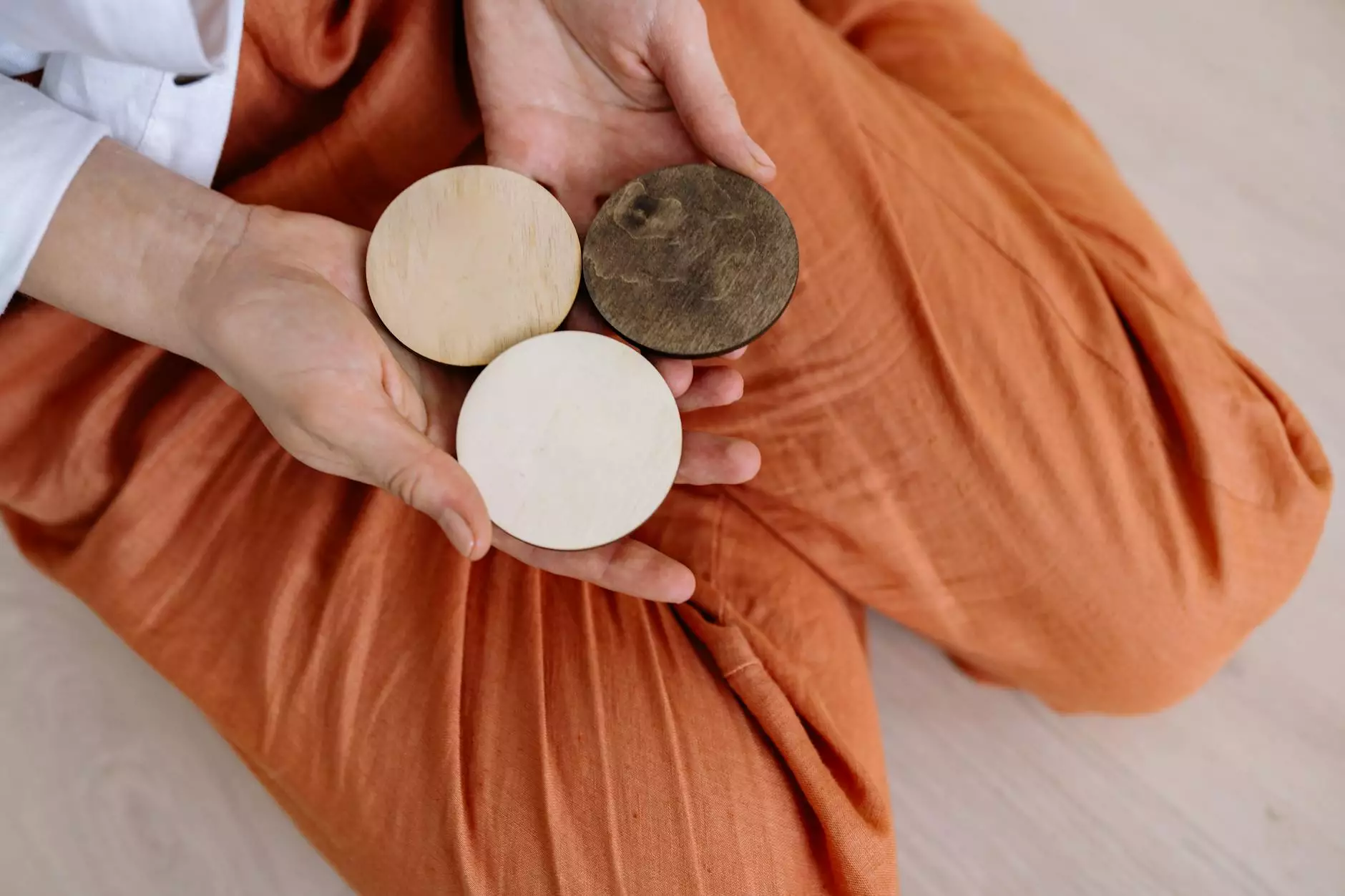What is Causing Your Chronic Gastritis (And How Can You Treat It)
Blog
Understanding Chronic Gastritis
Chronic gastritis is a condition that affects the stomach lining and can lead to persistent inflammation and discomfort. It is essential to understand the causes and available treatment options to effectively manage this condition and improve your overall well-being.
Causes of Chronic Gastritis
There are several factors that can contribute to the development of chronic gastritis:
- Infection: Helicobacter pylori (H. pylori) bacteria are a common cause of chronic gastritis. This bacterium infects the stomach lining and can lead to long-term inflammation.
- Autoimmune Disorders: Some autoimmune conditions, such as pernicious anemia, can cause chronic gastritis by attacking the cells in the stomach lining.
- Regular Use of NSAIDs: Nonsteroidal anti-inflammatory drugs (NSAIDs) like aspirin and ibuprofen can irritate the stomach lining with prolonged use, leading to chronic gastritis.
- Bile Reflux: When bile flows into the stomach instead of properly going into the intestines, it can result in chronic gastritis.
- Stress and Lifestyle Factors: Chronic stress, excessive alcohol consumption, smoking, and unhealthy eating habits can all contribute to the development of chronic gastritis.
Recognizing the Symptoms
Chronic gastritis can present with various symptoms, which may include:
- Abdominal Pain: Persistent pain or discomfort in the upper abdomen is a common symptom of chronic gastritis.
- Nausea and Vomiting: Some individuals with chronic gastritis may experience frequent episodes of nausea and vomiting.
- Indigestion: Digestive issues such as bloating, belching, and a feeling of fullness after eating small amounts are often reported.
- Loss of Appetite: Chronic gastritis can lead to a decreased appetite and unintended weight loss.
- Blood in the Stool: In severe cases, chronic gastritis may cause bleeding in the stomach, which can result in the presence of blood in the stool.
Diagnosis and Treatment
Diagnosing Chronic Gastritis
When visiting Bowling Orthopaedics for a consultation regarding chronic gastritis, our experienced medical professionals will conduct a comprehensive evaluation and may perform the following diagnostic tests:
- Endoscopy: An endoscope, a flexible tube with a camera, is inserted through the throat to examine the stomach lining for signs of inflammation or other abnormalities.
- Biopsy: During an endoscopy, small tissue samples may be taken for laboratory analysis to determine the exact cause of chronic gastritis.
- Helicobacter pylori Test: A breath, blood, or stool test can detect the presence of H. pylori bacteria.
- Complete Blood Count (CBC): This blood test helps evaluate the overall health and detect any anemia or other abnormalities.
Treatment Options for Chronic Gastritis
Bowling Orthopaedics offers various treatment approaches to manage chronic gastritis effectively. The chosen treatment plan will depend on the underlying cause and severity of the condition:
- Antibiotics: If the cause of chronic gastritis is an H. pylori infection, a course of antibiotics may be prescribed to eliminate the bacteria.
- Proton Pump Inhibitors: These medications can help reduce stomach acid production, providing relief from symptoms and allowing the stomach lining to heal.
- H2 Blockers: Similar to proton pump inhibitors, H2 blockers work by reducing stomach acid production, promoting healing and symptom relief.
- Lifestyle Modifications: Making positive changes to one's lifestyle, including adopting a healthy diet, managing stress levels, and avoiding trigger factors like alcohol and NSAIDs, can significantly improve chronic gastritis symptoms.
- Other Medications: In some cases, additional medications such as antacids or cytoprotective agents may be prescribed to alleviate symptoms.
Preventing Chronic Gastritis
While not all cases of chronic gastritis can be prevented, adopting certain measures can help minimize the risk:
- Practice Good Hygiene: Wash your hands regularly and maintain proper food handling and preparation techniques to reduce the chance of H. pylori infection.
- Avoid Excessive NSAID Use: If possible, limit the use of nonsteroidal anti-inflammatory drugs or consult with a healthcare professional for alternative pain management options.
- Manage Stress: Implement stress-reducing activities like exercise, meditation, and pursuing hobbies to improve overall well-being and reduce the impact of stress on the body.
- Adopt a Healthy Diet: Choose a balanced diet rich in fruits, vegetables, whole grains, and lean proteins to ensure optimal digestive health.
- Limit Alcohol and Tobacco: Minimize alcohol consumption and avoid smoking as both can irritate the stomach lining and contribute to chronic gastritis.
If you suspect that you may be experiencing symptoms of chronic gastritis or require more information on the condition, contact Bowling Orthopaedics to schedule a consultation today. Our dedicated medical professionals are here to provide expert guidance and personalized treatment options to help you overcome chronic gastritis and improve your quality of life.










